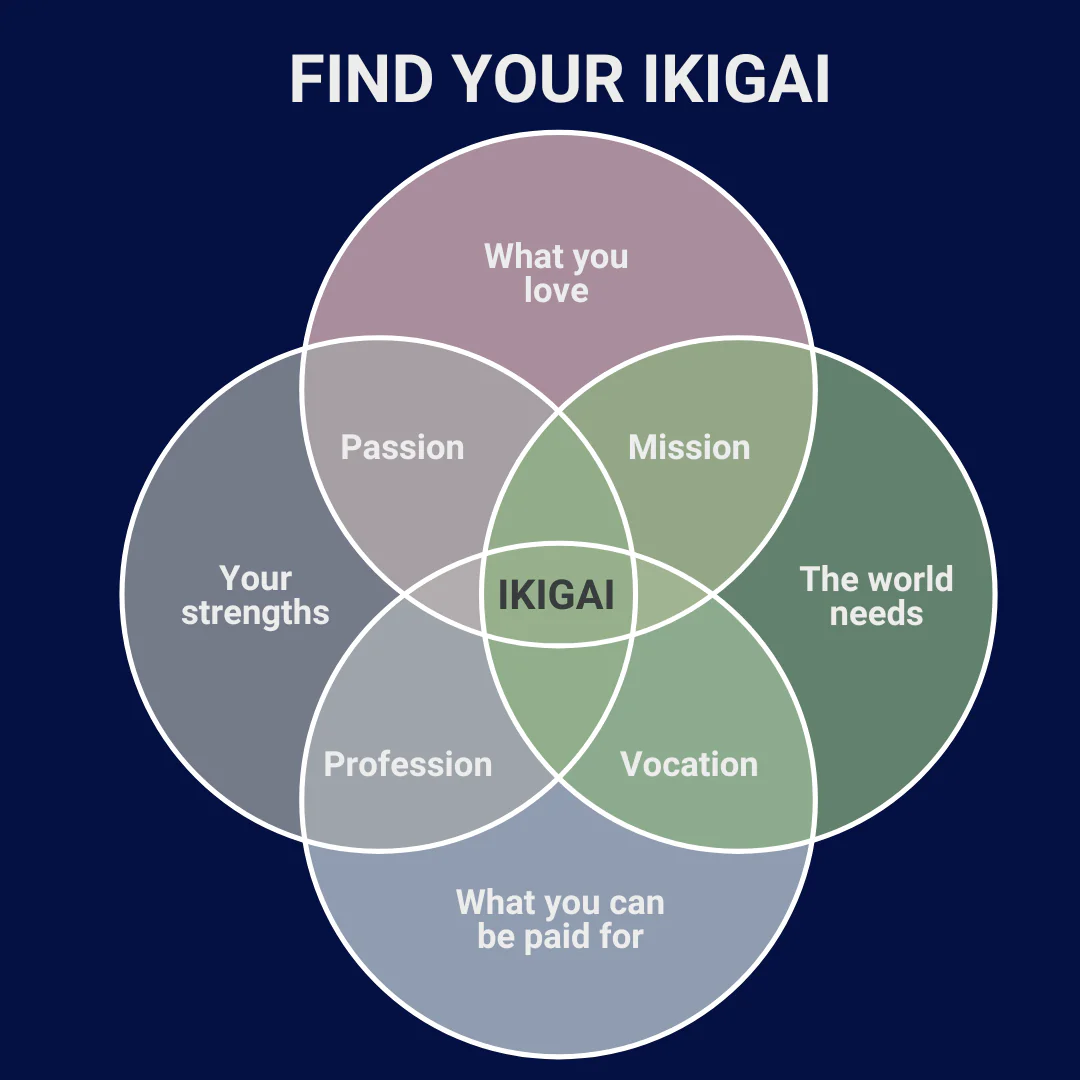
Understanding your personal values is a powerful step toward greater self-awareness and personal growth. When we understand our values we can do work and operate in a way that is aligned to them. Values are the guiding principles that shape our behaviors, decisions, and interactions. By gaining clarity on what truly matters to you, you can make more informed choices and align your life with your core beliefs. When our external world is not aligned to our ‘inner’ world, we can experience a deep rooted tension. Let’s explore why your values are important, how they influence various aspects of your life, and how understanding them can enhance your sense of purpose and fulfilment.
The Importance of Personal Values
Personal values are fundamental to our identity, shaping how we perceive the world and interact with it. They are deeply ingrained beliefs that guide our choices and influence our emotional responses. Here are a few reasons why knowing your values is crucial:
- Guidance and Direction: Values act as a compass, providing a sense of direction in life. They help you prioritize your time, energy, and resources, ensuring that you focus on what truly matters to you. When faced with difficult decisions, your values serve as a framework to evaluate options and make choices that align with your true self.
- Consistency and Integrity: Living in accordance with your values fosters a sense of integrity and authenticity. When your actions align with your values, you experience greater consistency and self-respect. This integrity not only strengthens your self-image but also enhances your reputation with others.
- Emotional Resilience: Understanding your values can increase your resilience in challenging situations. By staying true to your core beliefs, you can navigate difficult times with confidence and clarity. Values provide a sense of stability, allowing you to remain grounded even when external circumstances are uncertain.
- Increased Satisfaction: When your daily activities reflect your values, you experience higher levels of satisfaction and fulfilment. Aligning your actions with your values leads to a life that feels more meaningful and purposeful.
How Values Affect Your Behavior and Relationships
Your values influence your behavior and responses in various aspects of your life, from personal relationships to professional interactions. Here’s how:
Personal Relationships
Values play a pivotal role in shaping how you connect with others. When your relationships align with your values, you experience deeper connections and mutual respect. For example, if honesty is a core value, you’ll likely prioritize open and transparent communication with your loved ones. This authenticity fosters trust and intimacy, strengthening your relationships.
Values also impact the way you resolve conflicts. If compassion is a key value, you’ll approach disagreements with empathy and understanding, striving for resolutions that honour the perspectives of all parties involved. By aligning your interactions with your values, you create relationships that are more harmonious and enduring.
Working Relationships
In the workplace, values play a critical role in how you collaborate with colleagues. When you share common values with your team, it fosters a positive work environment and enhances teamwork. For instance, if teamwork is a key value, you’ll be more inclined to support and uplift your colleagues.
Values also influence your leadership style. Leaders who prioriti\e integrity and transparency build trust within their teams, creating a culture of openness and accountability. By aligning your professional interactions with your values, you contribute to a more productive and positive workplace.
Meetings and Collaborations
During meetings and collaborative projects, values influence your participation and contributions. If innovation is a core value, you may approach discussions with creativity and a willingness to explore new ideas. This openness can lead to more dynamic and effective problem-solving.
Values also affect how you perceive feedback. If growth and learning are important values, you’ll likely embrace constructive criticism as an opportunity for improvement rather than a threat to your self-worth. By aligning your mindset with your values, you can engage more effectively in collaborative settings.
Decision-Making and Problem-Solving
Values serve as a filter for decision-making. When faced with choices, aligning your decisions with your values ensures that you remain true to yourself and make choices that reflect your priorities. For example, if environmental sustainability is a core value, you’ll likely consider the ecological impact of your decisions.
Values also influence how you approach problem-solving. If compassion is a key value, you may prioritise solutions that address the needs and well-being of others. By aligning your decision-making process with your values, you create outcomes that are more aligned with your ethical beliefs and aspirations.
 Aligning Values with Purpose: The Ikigai Model
Aligning Values with Purpose: The Ikigai Model
Together, aligning to your values AND your purpose creates the strongest foundations for a meaningful life. The Ikigai model offers a framework for finding your purpose by integrating your values with your passions, skills, and the needs of the world. Ikigai, a Japanese concept, translates to “a reason for being” and is often visualized as the intersection of four key elements. You can take this model and write your responses in each section to help you find your ‘ikigai’:
- What You Love (Passion): What are the activities that bring you joy and fulfilment? When your work aligns with your passions, it feels less like a chore and more like an expression of who you are.
- What You Are Good At (Vocation): What skills and talents do you excel in? When we are involved in a task that we are good at, we are more likely to be motivated to try and master that skill, challenging ourselves to improve and do better, seeking that sense of satisfaction at having done something well. It feels good. Leveraging your strengths in your work leads to greater effectiveness and confidence.
- What the World Needs (Mission): How can you best serve or contribute to society? When your work addresses a genuine need, that you are providing something of worth to society, it becomes more meaningful and impactful.
- What You Can Be Paid For (Profession): What work might we do that provides value that generates income. Aligning your career with your financial goals ensures sustainability and stability.
By understanding your values and how they intersect with these elements, you can find a sense of purpose that resonates deeply with who you are. When your work aligns with your values and purpose, you experience greater satisfaction and motivation.
Taking Action: Aligning Your Life with Your Values
Understanding your personal values is just the beginning. Here are some steps to help you align your life more closely with your values and beliefs:
- Reflect Regularly: Take time to reflect on your values and how they are manifesting in your life. Journaling can be a valuable tool for gaining insight and clarity. Set aside moments to assess whether your actions align with your core beliefs and make adjustments as needed. Identify situations or moments where you feel angry, annoyed, withdrawn, frustrated which results in a reactive response and consider why this is the case. What values are being stepped on that might be causing your ‘emotional brain’ to react so negatively? Exploring the beliefs that lie behind these responses will help you to master your own responses in future similar situations and achieve better outcomes.
- Set Value-Driven Goals: Create goals that are aligned with your values. This ensures that your actions are purposeful and meaningful. When your goals reflect your values, you are more likely to stay motivated and committed to achieving them.
- Evaluate Choices: When making decisions, consider how each option aligns with your values. Choose paths that resonate with your core beliefs. This approach helps you avoid decisions that may lead to regret or dissatisfaction.
- Communicate Openly: Share your values with those around you. Open communication fosters understanding and strengthens relationships. By expressing your values, you create an environment where others can support and respect your priorities.
- Seek Alignment in Work: Look for opportunities and roles that align with your values. When your work reflects your values, you’ll find greater fulfilment and engagement. Seek out organizations and projects that share your values, creating a sense of purpose in your professional life.
- Embrace Growth and Learning: Be open to revisiting and refining your values as you grow and evolve. Life experiences can shape and shift your beliefs, so remain flexible and willing to adapt.
- Practice Self-Compassion: Recognize that aligning your life with your values is a journey, not a destination. Be kind to yourself as you navigate challenges and setbacks, and celebrate your progress along the way.
Conclusion
By understanding and embracing your personal values, you can create a life that is more authentic, purposeful, and fulfilling. Your values are the key to unlocking a deeper understanding of yourself and the world around you. As you continue on your journey, remember that aligning your values with your actions and choices will lead to a more harmonious and meaningful life.



